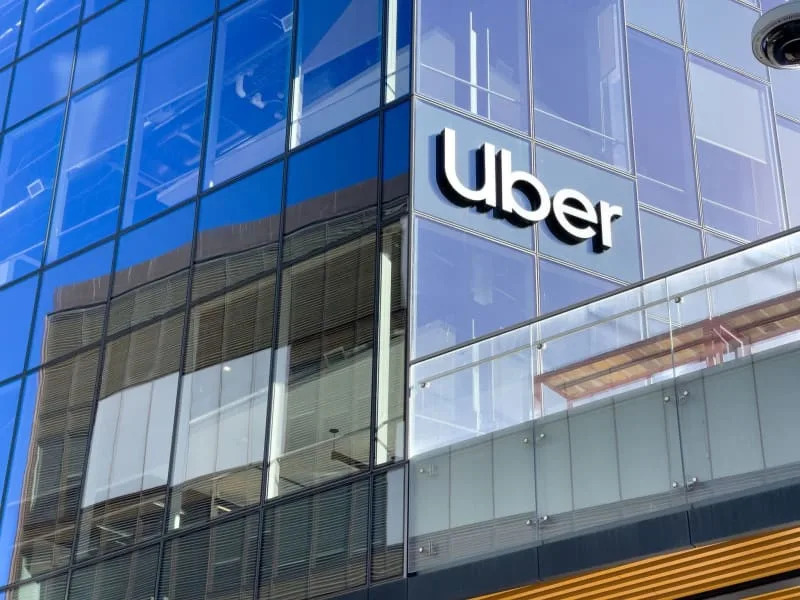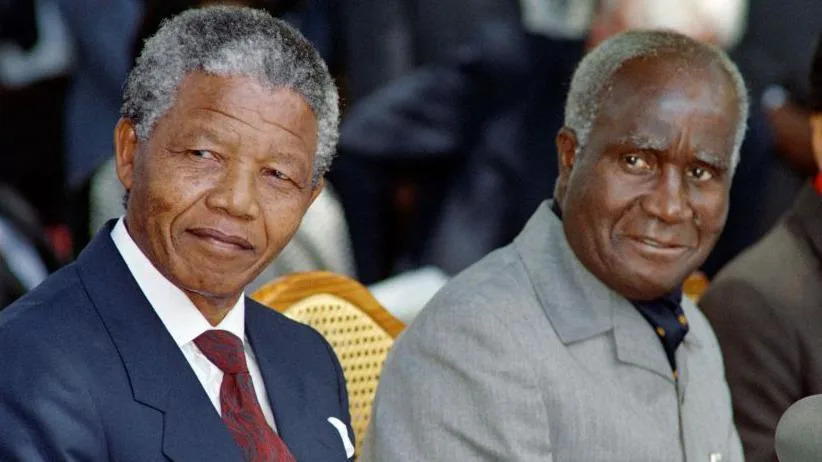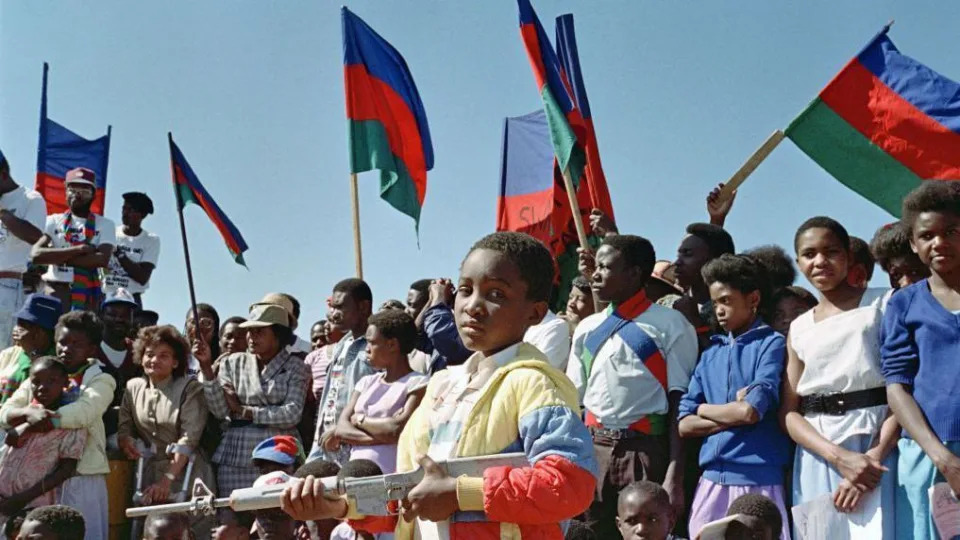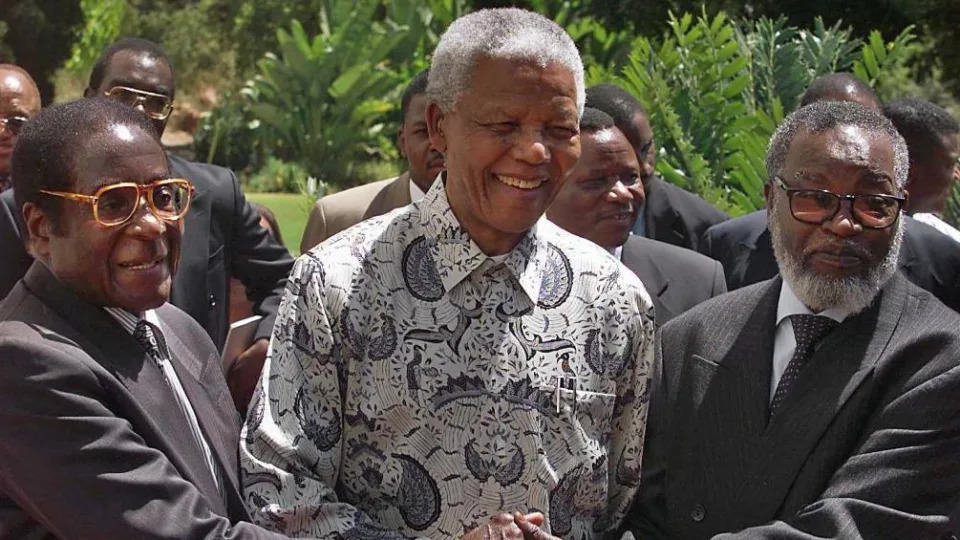Associated Press
Tue, June 11, 2024

Thai rescuer carries a survived chicken from a fire at the Chatuchak weekend market in Bangkok, Thailand, Tuesday, June 11, 2024. Hundreds of caged animals died Tuesday after the fire struck Chatuchak Weekend Market, one of the most famous markets in Thailand’s capital. (AP Photo/Sakchai Lalit)
BANGKOK (AP) — Hundreds of caged animals died Tuesday after a fire struck Chatuchak Weekend Market, one of the most famous markets in Thailand’s capital.
The fire was reported early in the morning and quickly swept across more than 100 shops in the market's pet section, according to the Bangkok government.
Officials said it took them about an hour to bring the fire under control. There are no reports of human casualties, but Thai media reports suggested that the fire killed several hundred animals, including puppies, fish, snakes, birds and rabbits, kept in cages and locked inside the shops.
The cause of the fire is being investigated, said Bangkok Governor Chadchart Sittipunt, who visited the scene after the fire was put out. Officials could be seen at the site in the morning, inspecting the charred shops or breaking metal gates to bring out animals that survived the fire.
Officials said they are still working on estimating the cost of damage, and that affected shop owners could register for compensation.
The sprawling weekend market is a major tourist draw, bringing in shoppers from all over the world to browse its hundreds of shops and stalls for items ranging from food and drink to clothing, furniture, plants, books and pets.
Wildlife organizations have often accused some vendors of involvement in the trafficking of rare and endangered species, such as turtles, tortoises and birds

















